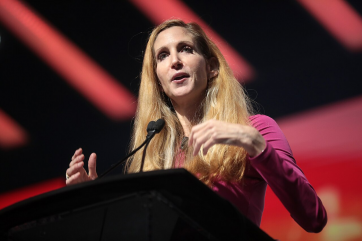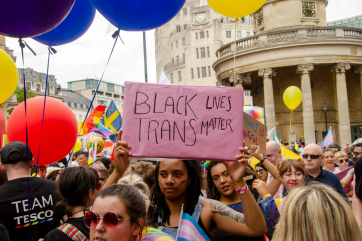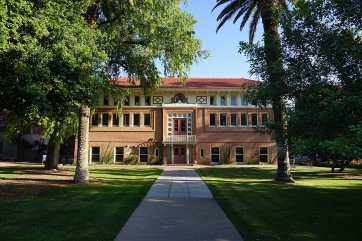Cooper Union Tuition Lawsuit Seeks to Stop Trustees' Move to Axe Free Admission Model
By Russell WesterholmAnother effort to stop Cooper Union from charging tuition, students and faculty have filed a lawsuit with a judge, though tuition bills have already been deployed.
According to the Associated Press, attorneys for Cooper Union's trustees and the group of students and faculty met at a hearing Friday. While the school has remained as one of the few free colleges in the nation, it was to start collecting tuition this fall term.
155 years old, the New York City college was not always free, but it has stayed that way since Andrew Carnegie bestowed the school a gift in 1902. Citing millions of dollars in deficits, the Board of Trustees voted last year to charge up to $20,000 in tuition, depending on an applicant's need.
"The most fundamental change in the history of Cooper Union is being undertaken," Richard Emery, a lawyer for the students and faculty members, told the AP.
The students and faculty hoping to preserve the tuition-free model say the trustees can erase the deficits in other ways, contending they were created through mismanagement more than anything else. Cooper Union owns land beneath the Chrysler Building, making for an odd revenue source.
"Although the decision to reduce scholarship aid was very difficult given Cooper Union's tradition of providing full-tuition scholarships, under the founding documents, it was the board's decision to make," lawyers for the trustees wrote in court papers last month.
Emery argued that charging tuition would mean Cooper Union would lose its tax-free status, which would harm their main cash flow, the New York Daily News reported. He also said that tuition would not solve the school's financial problems.
Cooper Union has about 1,000 undergraduate students and has a highly selective acceptance rate of about eight percent. The school specializes in art, architecture and engineering.
Shortly after Carnegie's gift, the NAACP held their first public meeting at Cooper Union in 1906. Before that, Abraham Lincoln delivered his "right makes might" anti-slavery speech there.








